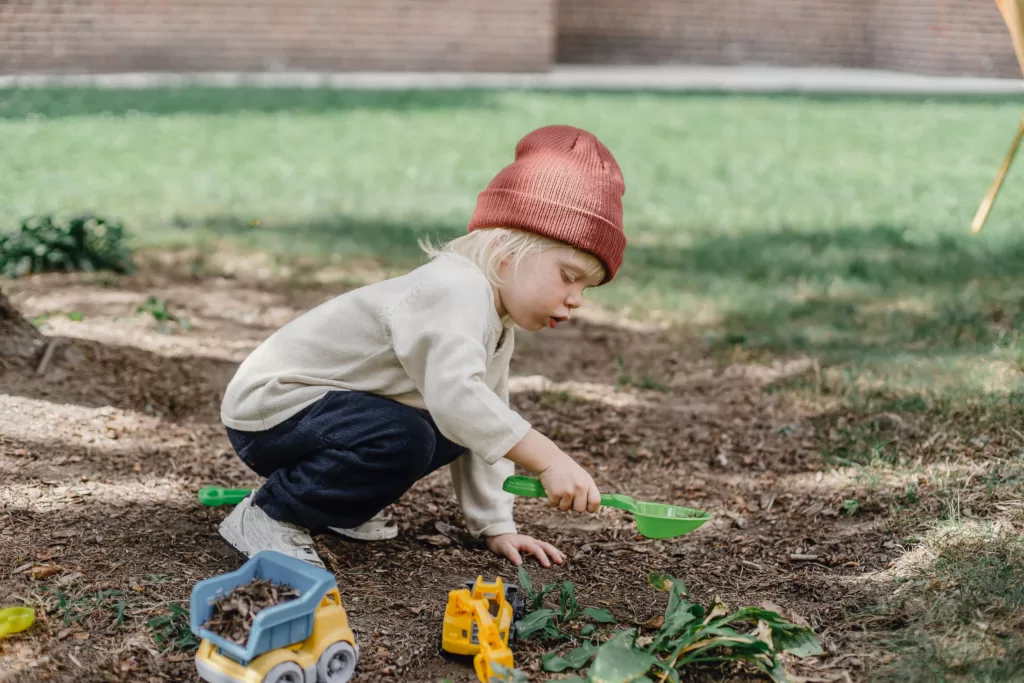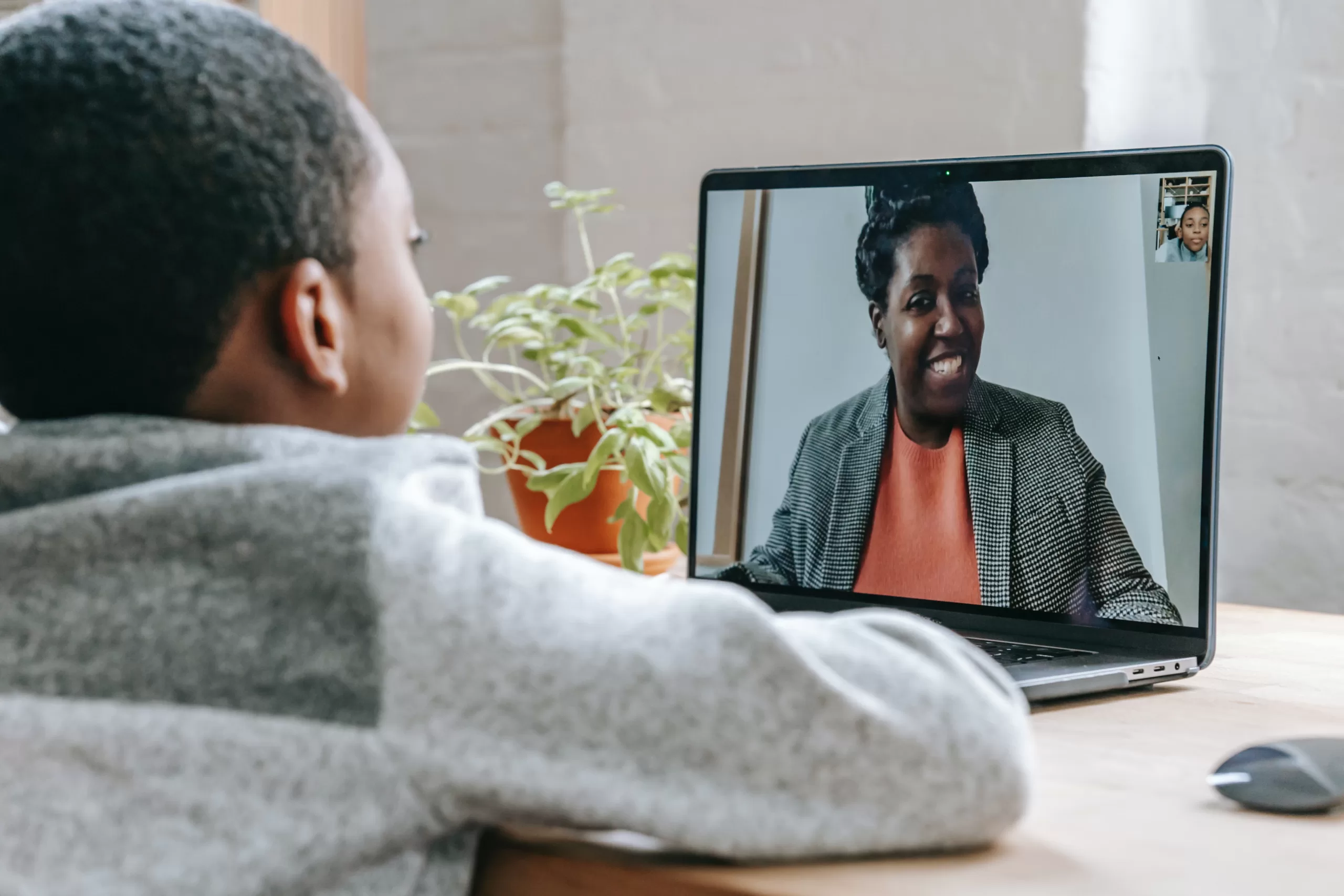As young parents, you are the architects of your child’s early experiences. Among the myriad responsibilities and joys of parenting, fostering an environment where free play is a priority stands out for its long-term benefits. In the fast-paced world we live in, structured activities and screen time often overshadow the simple yet profound act of free play. This article delves into why free play is crucial in early childhood and how you can encourage it.
Understanding Free Play
Free play is unstructured, voluntary, child-initiated activity that allows children to develop their imaginations while exploring and experiencing the world around them at their own pace. It is different from organized sports, planned activities, or screen time. It is spontaneous, often imaginative, and driven by the child’s interests.
Why is Free Play Important?
1. Fosters Creativity and Imagination
Free play encourages children to use their creativity while developing their imagination, dexterity, and physical, cognitive, and emotional strength.
2. Promotes Social Skills
When children play with others, they learn to cooperate, negotiate, resolve conflicts, and learn self-advocacy skills.
3. Enhances Cognitive Abilities
Free play contributes to cognitive development by improving children’s abilities to plan, organize, get along with others, and regulate emotions.
4. Physical Development
It promotes physical health and coordination. Children running, jumping, and playing actively develop their motor skills.
5. Emotional Growth
Through play, children can express and cope with their feelings. It helps in building confidence and resilience.
Encouraging Free Play
Create a Safe Play Environment
Ensure that your home has a safe space for play. Childproof your home and provide a space where they can explore without constant intervention.
Offer Open-Ended Toys
Choose toys that can be used in a variety of ways by children of different ages. Blocks, dolls, action figures, and craft materials are excellent choices.
Spend Time Outdoors
Nature is one of the best playgrounds. Encourage outdoor play, which is crucial for developing physical strength and motor skills, as well as a love for the environment.
Limit Screen Time
While technology is a valuable tool, it’s essential to balance digital interactions with real-world play.
Be a Playful Parent
Sometimes, join in their play. Your participation not only makes play more enjoyable but also models social interaction and imagination.
Respect Their Play
Understand that play is essential work for children. Try not to interrupt their play and respect their playtime.
Encourage Play with Peers
Arrange playdates or visits to the playground where your child can interact with others.
Conclusion
In summary, free play is not just about having fun; it’s a vital part of childhood development. By encouraging free play, you provide your child with a strong foundation for mental, physical, emotional, and social health. Remember, every child deserves the time, space, and freedom to play. Let them explore, imagine, and grow through the timeless joy of playing freely.






